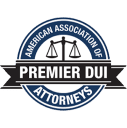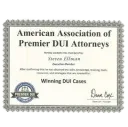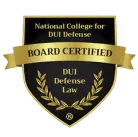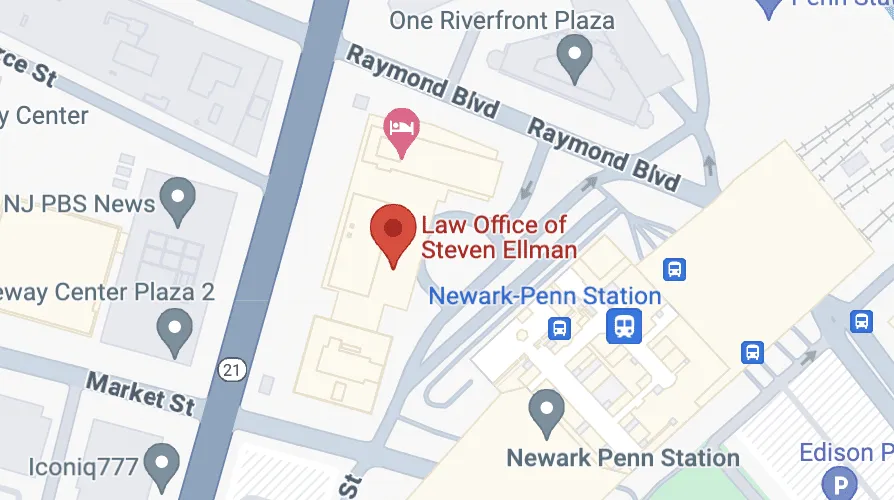You have several responsibilities to fulfill during a traffic stop in New Jersey. You must:
- Identify yourself – Provide officers with your name, address, and phone number.
- Show your credentials – Present your driver’s license, auto insurance information, and vehicle registration when asked.
- Take an alcohol test – New Jersey traffic stop laws say you automatically consent to blood or breath alcohol testing by driving on public roads. Refusing a breathalyzer test could lead to fines, driver’s license suspension, and other penalties.
- Undergo a pat-down – If an officer suspects you are armed and dangerous, you must consent to a pat-down search.
- Follow officer instructions – You must comply if a law enforcement officer asks you to leave the vehicle or submit to an arrest. This is for your safety and to help you avoid additional charges.
You also have the following rights:
- The right to remain silent – While you must identify yourself, you don’t have to answer any other questions without a lawyer present.
- The right not to consent to certain tests – No law says you must say yes to a field sobriety test in New Jersey.
- The right to be Mirandized – The Miranda warning gives you the right to remain silent, the right to a lawyer, and the knowledge that anything you say can be used against you in court. While an officer can ask you general questions at the scene without violating your Miranda rights, you must be Mirandized before being questioned in police custody.
Steps to Take Immediately After Being Pulled Over for a DUI
A traffic stop begins when the lights or sirens come on, not when you roll down your window. Follow these steps to stay in the best possible legal position:
- Don’t panic – Do not try to flee from the officer or drive recklessly.
- Use your blinkers – Activate your turn signal before pulling over as a sign of good faith.
- Watch your actions and attitude – Limit what you say and be polite. Officers can use anything they see or hear against you.
- Keep your hands on the wheel – Do not reach for any documents until the officer asks. An officer could regard moving your hands out of view as a threat.
- Stay in your car – Don’t leave your vehicle until the officer asks.
- Answer questions carefully – Remember your Constitutional freedom against self-incrimination. Do not volunteer information about whether you were drinking or how much.
The Potential Consequences of a DUI Conviction
New Jersey’s DUI penalties are severe and increase with additional offenses. For the first offense (0.08 to less than 0.10 BAC,) the maximum penalty is:
- A $250 to $400 fine
- Up to 30 days in jail
- Mandatory ignition interlock device (IID) for three months
- Compulsory education at an Intoxicated Driver Resource Center
- $1,000 per year insurance surcharge for three years
- Additional surcharges and license reinstatement fees
No DUI charge is a felony in New Jersey. However, a conviction could have damaging consequences beyond the legal penalties, including:
- Loss of employment
- Suspension or loss of professional licensure
- Increased insurance premiums
- Relationship damage
- Public humiliation and embarrassment
Get Help From our DUI Defense Lawyer
If you’ve been arrested for a DUI offense in New Jersey, you need a trusted and focused criminal defense lawyer to enforce your rights and fight for the best possible outcome in your case. Attorney Steven Ellman has 35 years of experience successfully representing clients in New Jersey DUI defense cases. Call or contact the Law Office of Steven Ellman today for a free consultation.














